Sony Underestimates the Strength of Its Own Legacy
2024-09-09 13:55:03Source:JuxiaAuthor:Juxia
PlayStation stands as a gaming icon. Since its explosive debut in 1994, the console quickly ascended to the top of the market. Except for the brief stumble with the PS3, PlayStation has consistently maintained its reign. Over the years, it’s built a legacy through a vast library of classic titles, beloved characters, and immersive worlds. Yet, it seems like Sony doesn’t fully grasp the strength of this heritage.
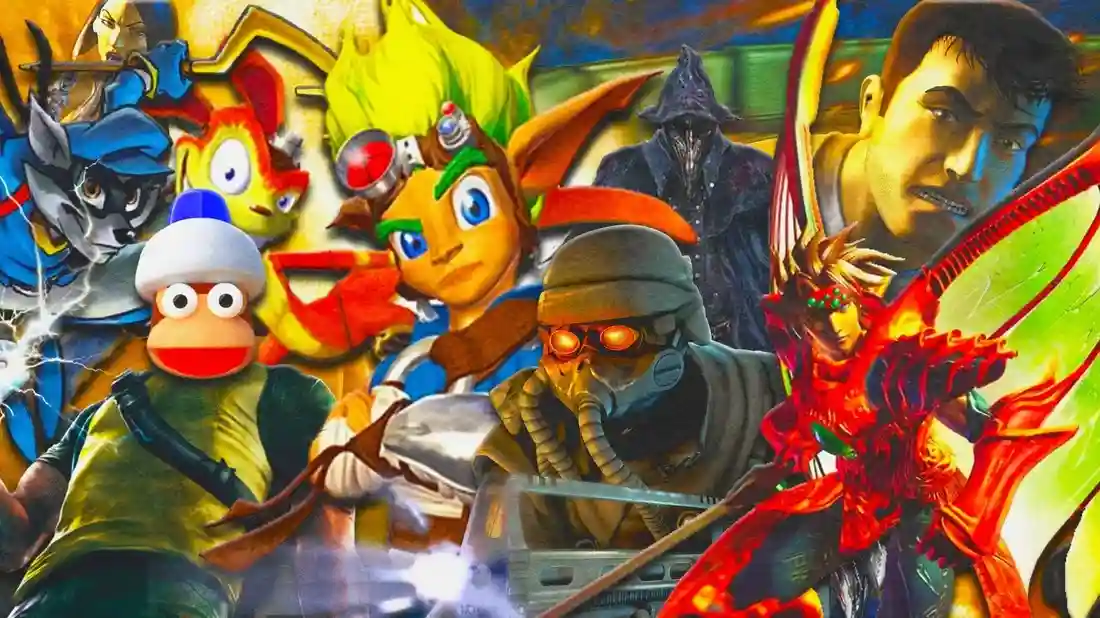
In a conversation with Financial Times, Sony’s CFO Hiroki Totoki expressed concerns, stating, “We’re lacking the early phase (of IP) and that’s an issue for us.” He also added, "Whether it’s for games, films, or anime, we don’t have that much IP that we fostered from the beginning." Hearing this raises eyebrows—does Totoki not realize the treasure trove of IP PlayStation holds? PlayStation isn’t exactly running short on beloved names, many of which haven’t been revived in years, despite fans clamoring for their return.
While franchises like Crash Bandicoot and Spyro the Dragon—which once propped up the PlayStation brand—are no longer owned by Sony, and third-party giants like Final Fantasy have branched out to other platforms, PlayStation still has an extensive library of its own. Here’s just a handful of what comes to mind:
- Gravity Rush
- Dark Cloud
- Wipeout
- Twisted Metal
- Jak and Daxter
- Ratchet and Clank
- Motorstorm
- Wild Arms
- Ridge Racer
- Siren
- Infamous
- SOCOM
- Resistance
- Sly Cooper
- Legacy of Kain
- Syphon Filter
- Killzone
- Ape Escape
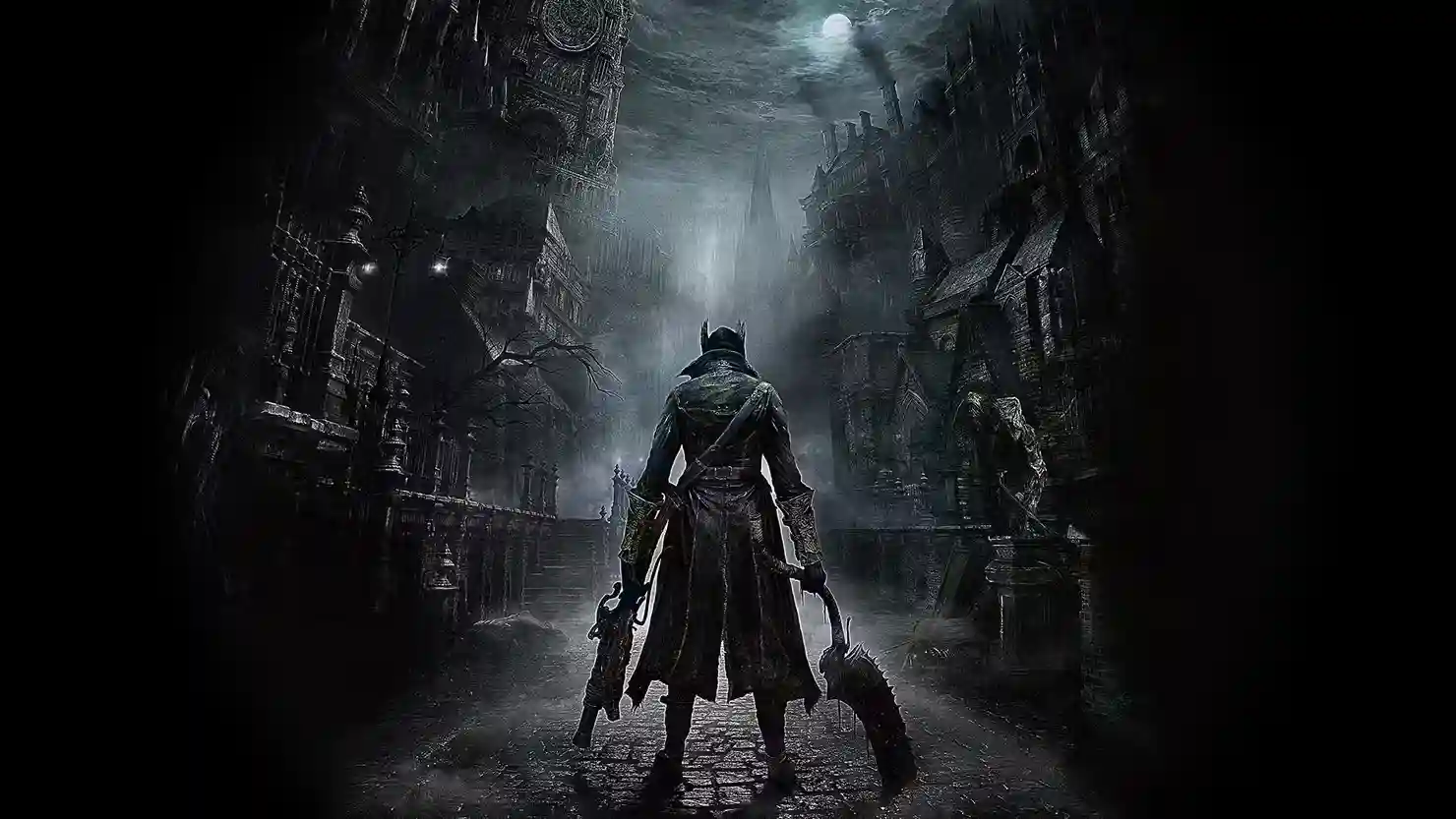
This list is just a start, and it already outshines what most competitors can offer. A quick glance at Wikipedia’s exhaustive catalog of PlayStation games reveals a rich history—from blockbuster hits to forgotten gems waiting to be rediscovered. Reviving every single property may not be feasible, but claiming that Sony lacks a strong foundation of IP is simply inaccurate.
It feels like PlayStation’s leadership isn’t fully aware of the immense legacy they’re sitting on, nor how to integrate these classic properties into their modern gaming strategy. In recent years, the company has shifted its focus to cinematic blockbusters and live-service ventures, neglecting the diversity of its rich past. The closure of Japan Studio, a team responsible for titles ranging from Jumping Flash! to Bloodborne, is a prime example of this misstep. That studio was instrumental in shaping PlayStation's history—why throw that away?
The sting of this missed opportunity is felt even more with the upcoming release of Astro Bot. This game celebrates PlayStation’s legacy with numerous cameos, from well-known icons to obscure nods, and remains one of the best platformers around. It strikes the perfect balance between honoring the brand’s past and pushing forward with innovative design and gameplay mechanics.
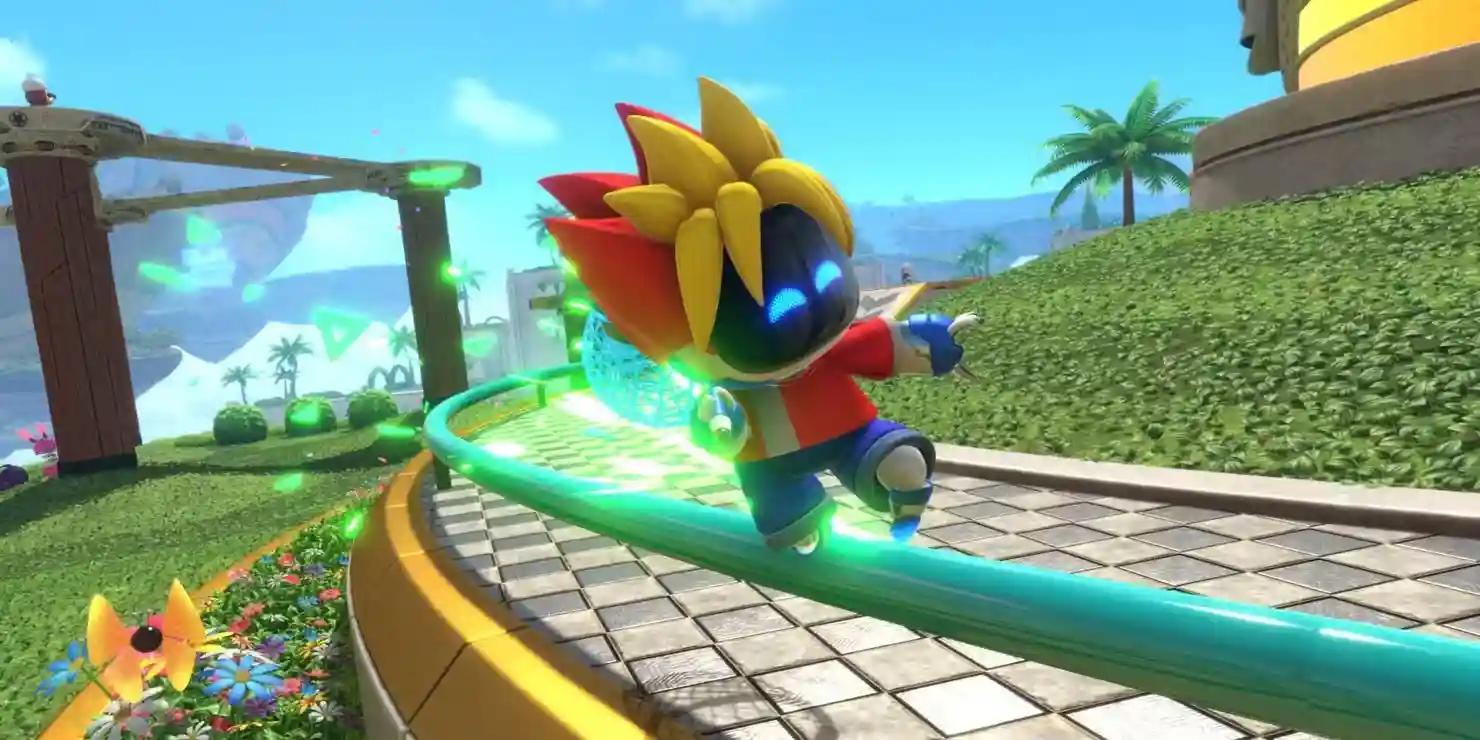
Astro Bot serves as a love letter to everything PlayStation stands for, yet its existence highlights a bittersweet truth: Sony seems uninterested in fully embracing its legacy unless it's wrapped in nostalgia. Team Asobi, the developers behind Astro Bot, poured their heart into crafting a game that honors PlayStation’s past, present, and future. It’s clear they understand what makes the brand special, but the higher-ups appear disconnected from this sentiment.
While Sony’s leadership may be focused on new IP, the company still boasts modern successes like Horizon Zero Dawn, Ghost of Tsushima, The Last of Us, and Gravity Rush. The notion that Sony lacks properties to develop or capitalize on just doesn’t hold up. If there’s truly a gap, it’s up to Sony to bridge it by reinvesting in the rich IP it already owns.
In the end, Sony holds the key to unlocking the full potential of its incredible legacy. Whether it chooses to act on it remains to be seen.
Related Articles
-
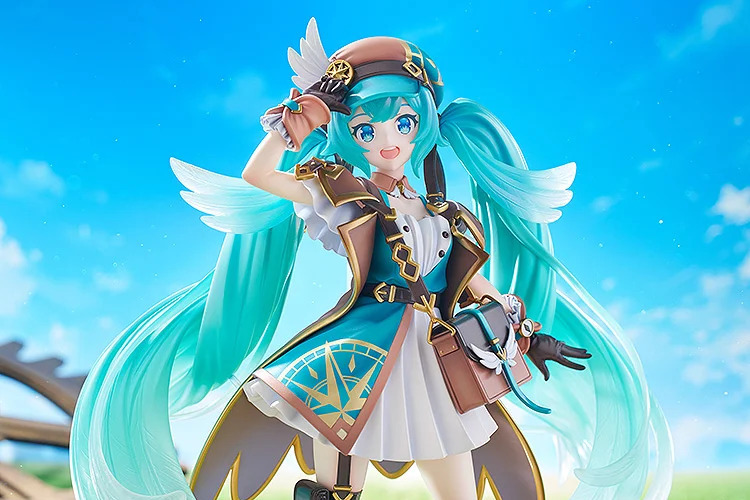
Juxia Figure Review - Hatsune Miku 100th Adventure Ver Preorder Now!
2025-11-27
-
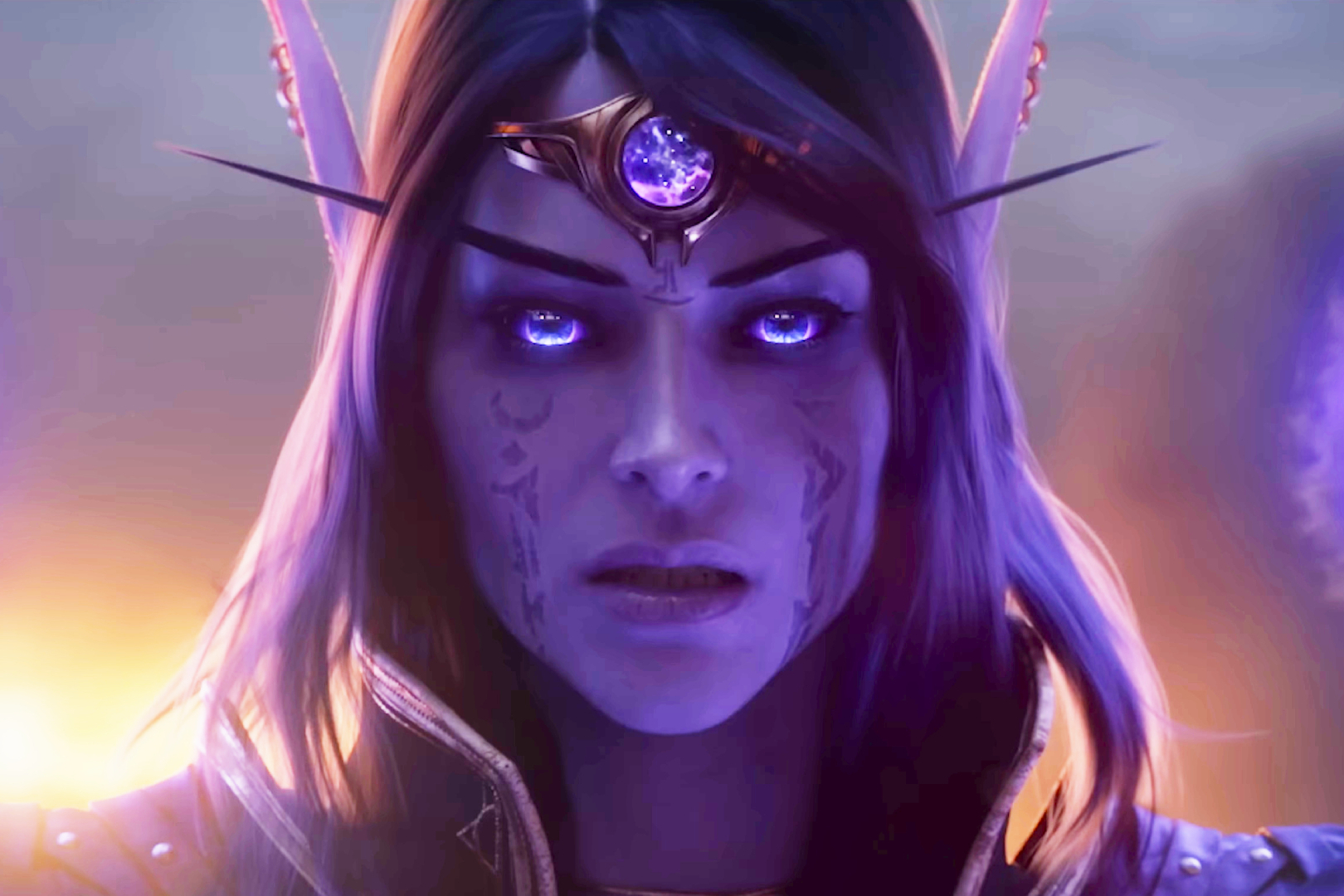
Juxia Game Review – WoW Midnight Deep Dive: Release Date, Player Housing, and Prey System!
2025-11-27
-
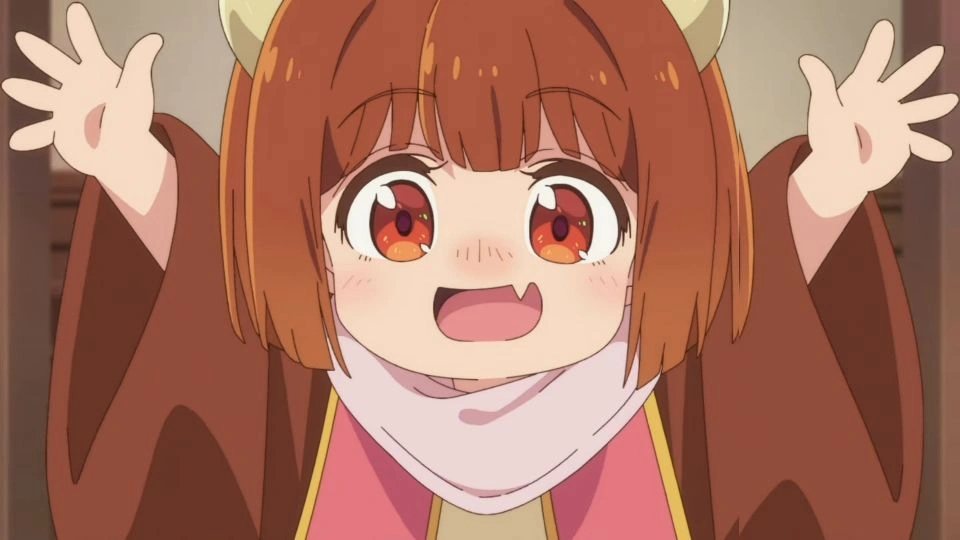
Juxia Anime Review - 'The Demon King’s Daughter Is Too Kind!!' Anime Upcoming Adaptation!
2025-11-27
-
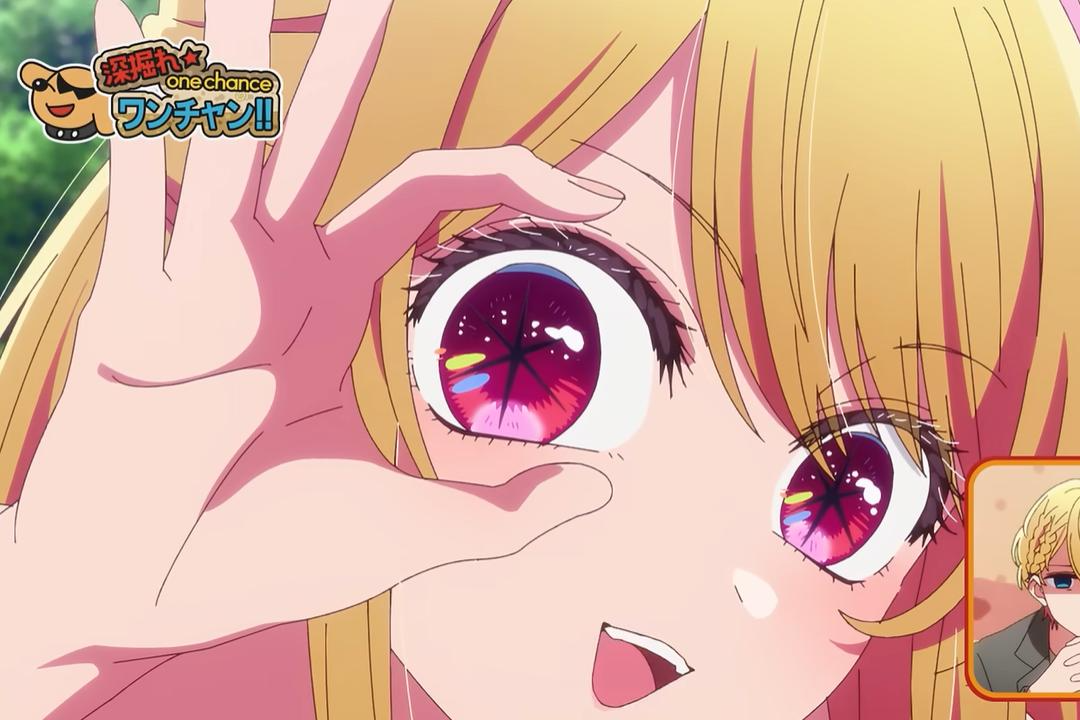
Juxia Anime Review - OSHI NO KO Season 3 Release Date, Trailer, and Story Predictions!
2025-11-26
-
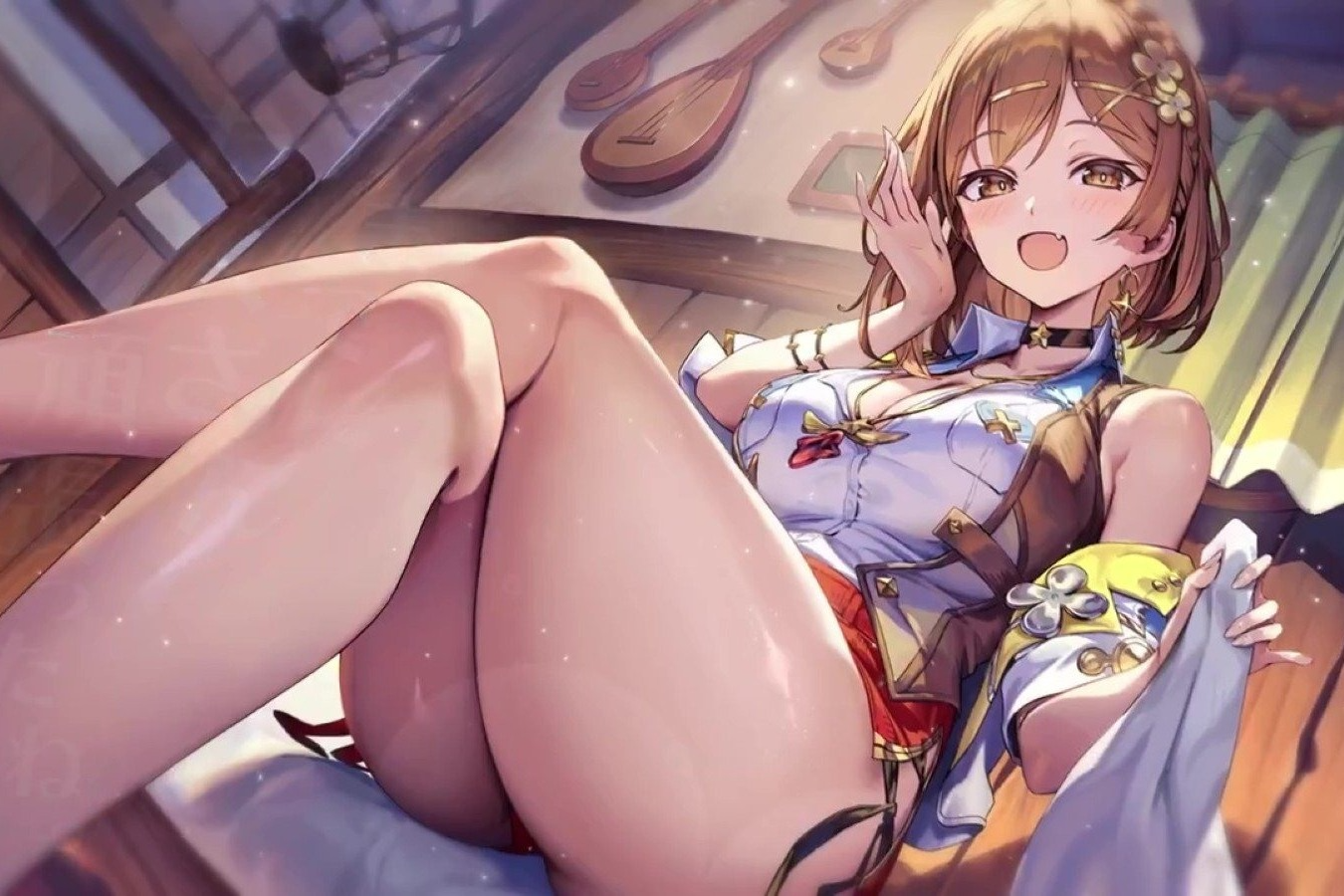
Juxia Game Review - Koei Tecmo’s Atelier Ryza ASMR Hits DLsite!
2025-11-26
-
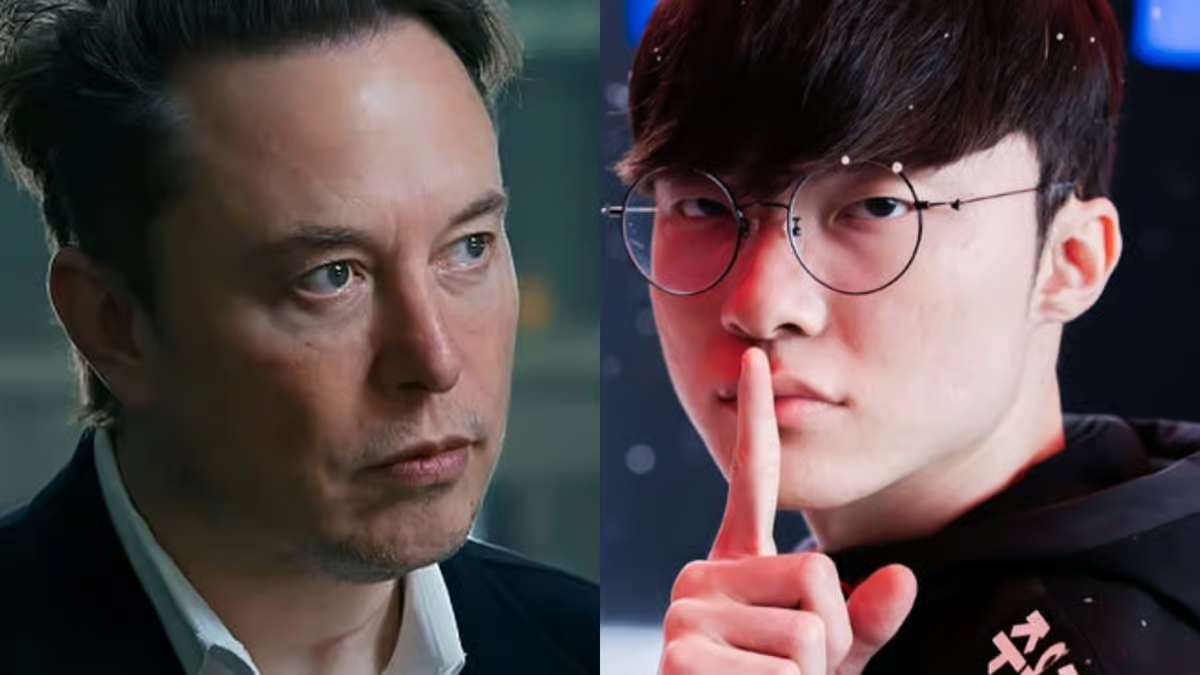
Juxia Game Review - Elon Musk Just Challenged LoL Pros With Grok 5, and the Internet Is Losing It!
2025-11-26
-

Juxia Game Review - The Ultimate Final Fantasy VII Remake Intergrade Switch 2 & Xbox Breakdown
2025-11-26
-
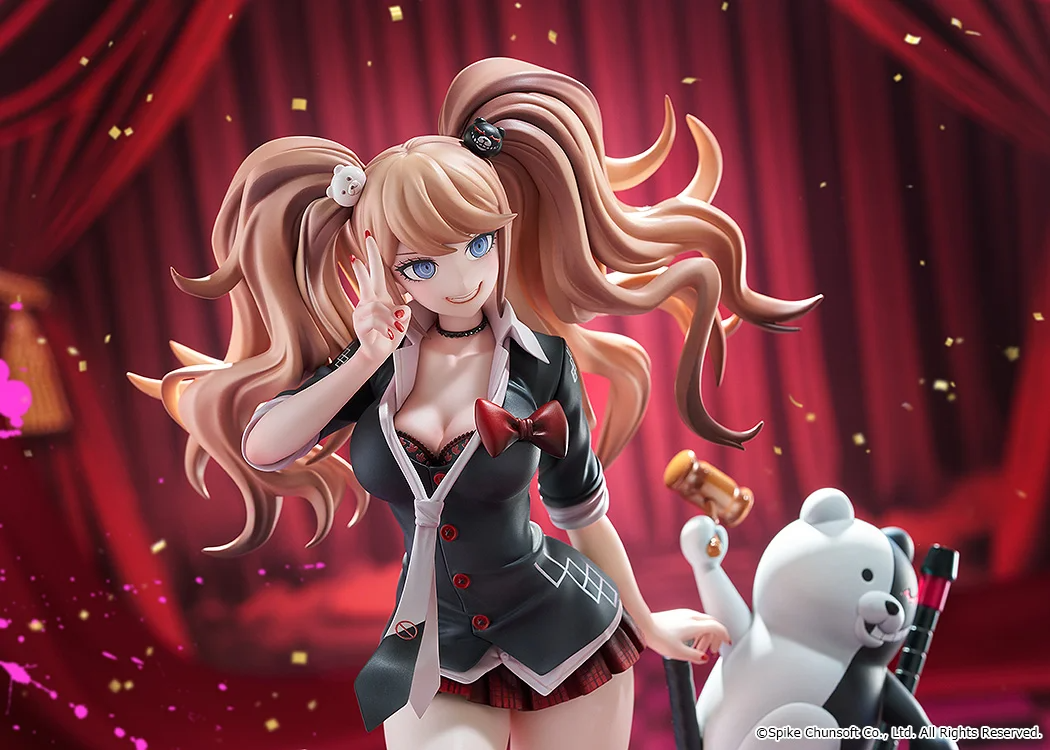
Juxia Figure Review – 15th Anniversary Junko Enoshima Figure Every Fan Needs!
2025-11-25
-
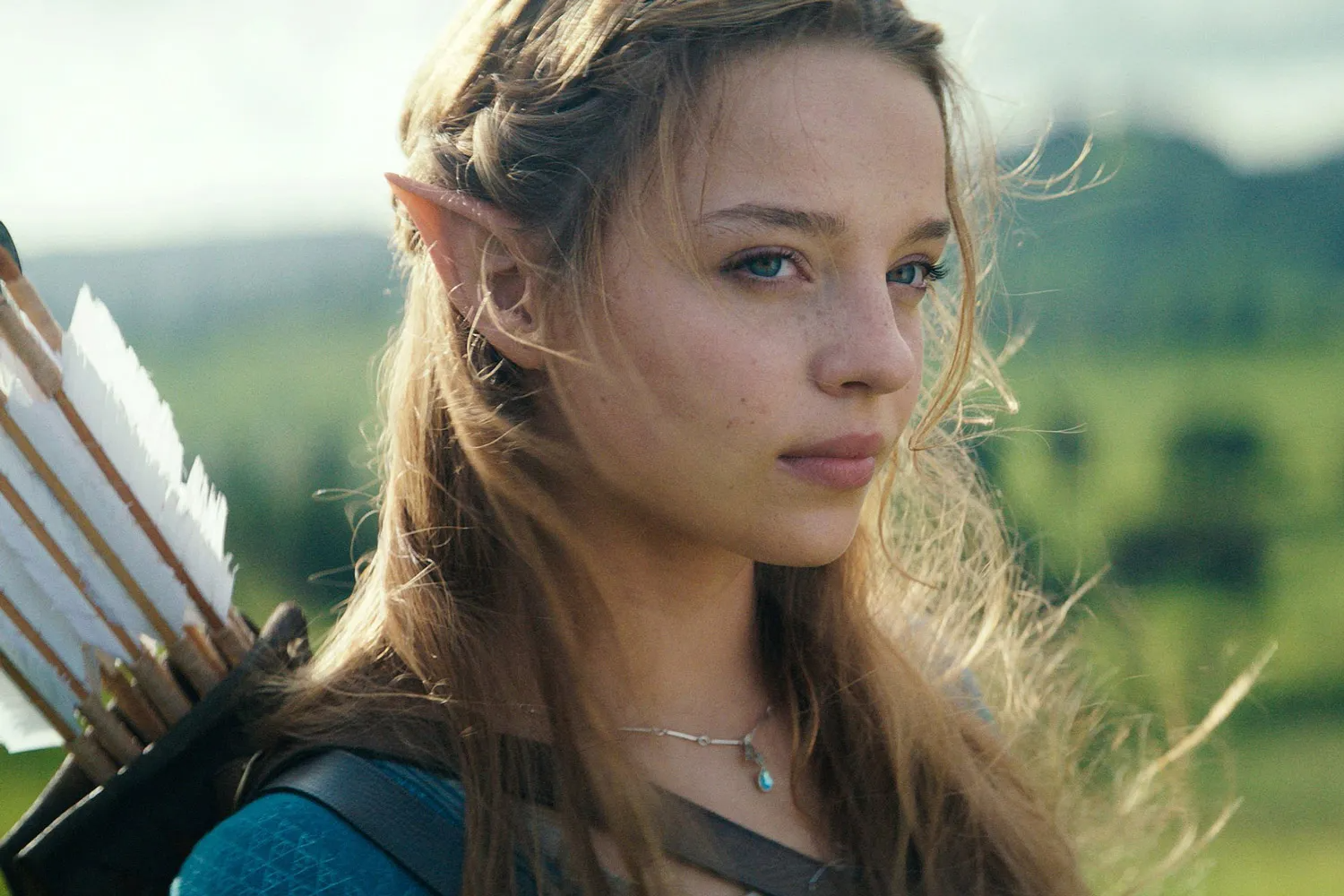
Juxia Movie Review - The Legend of Zelda Live-Action Movie Coming Soon!
2025-11-18
-
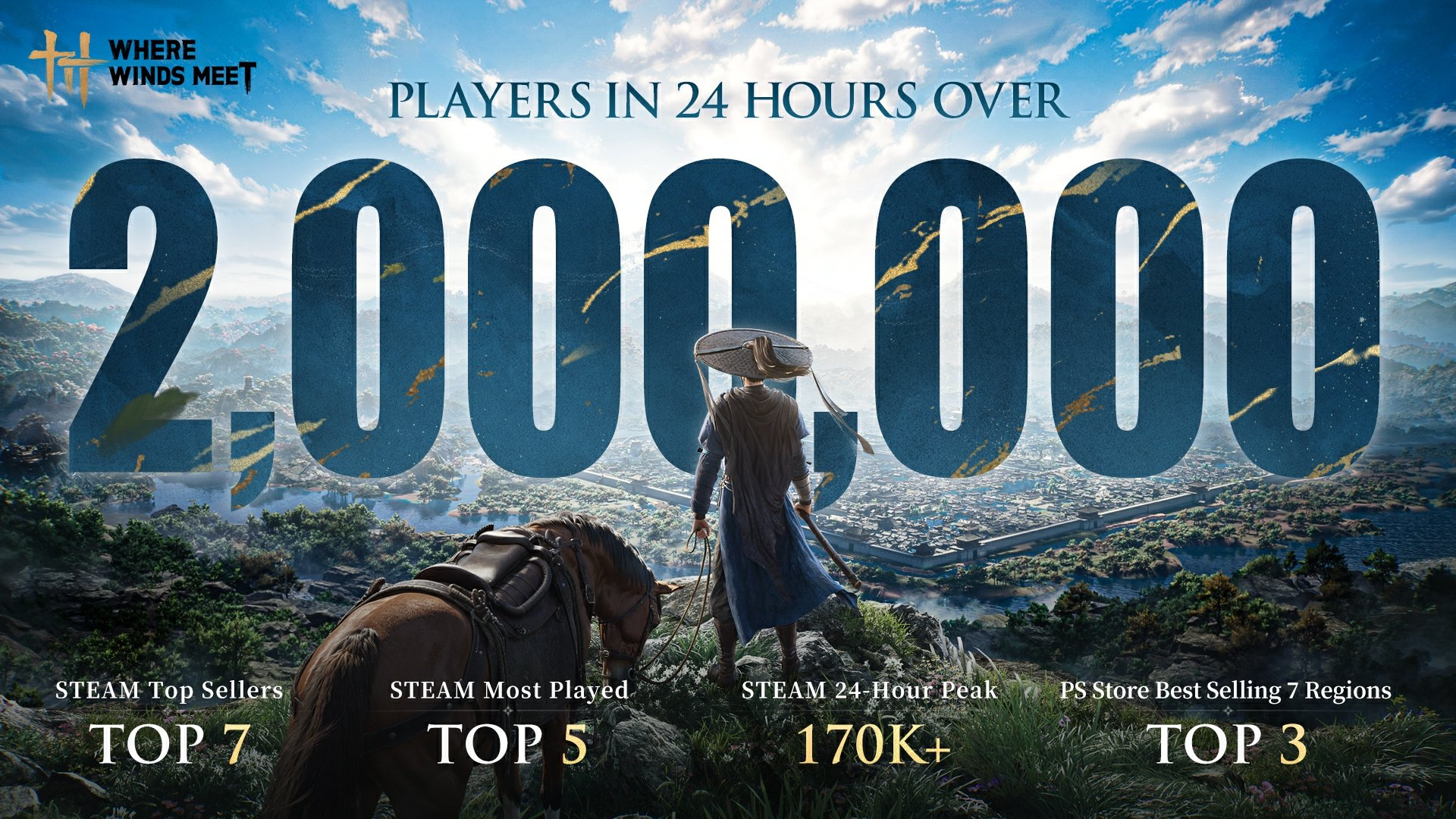
Juxia Game Review - Where Winds Meet Surged Past 2 Million Players on Day One!
2025-11-17


